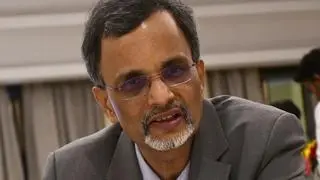A decline in fertility rates and an increase in life expectancy in India leading up to 2041 will bring out sweeping demographic changes, primarily an increase in the working class population and an increase in the number of elderly, the Economic Survey 2019 notes. As a consequence, the retirement age may have to be raised, it says.
Global trend
Developed countries such as the US, Germany and the UK have had to raise the retirement age of men and women to 65 years.
In India, on the other hand, the retirement age ranges from 58 years in the private sector to 60-65 years in the government sector. The survey says it may be advisable to raise the retirement age perhaps a decade before the anticipated shift that will occur in 2041, so that arrangements for pensions and other retirement provisions can be put in place.
The survey reveals that the population in the 0 to 19 age bracket has already peaked due to sharp declines in total fertility rates (TFR) across the country. The TFR refers to the number of babies born to a woman during her lifetime on an average.
However, working-age population will grow by roughly 9.7 million annually during 2021-31 and 4.2 million annually in 2031-41. Also, the share of elderly (60 years and above) population will continue to rise steadily, nearly doubling from 8.6 per cent in 2011 to 16 per cent by 2041.








Comments
Comments have to be in English, and in full sentences. They cannot be abusive or personal. Please abide by our community guidelines for posting your comments.
We have migrated to a new commenting platform. If you are already a registered user of TheHindu Businessline and logged in, you may continue to engage with our articles. If you do not have an account please register and login to post comments. Users can access their older comments by logging into their accounts on Vuukle.